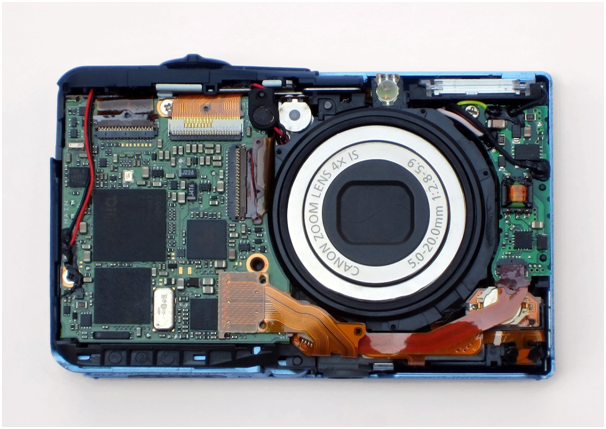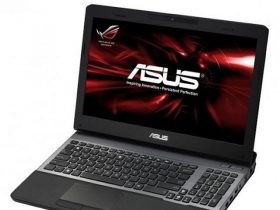Anybody on the lookout to get a bargain on a new gadget will have come across refurbished electronics at some point during their shopping. Available at dramatically discounted prices, refurbished products are often stigmatised as being simply faulty rejects. However, in actual fact, many properly refurbished products are repaired, reconditioned, and retested in order to return them to a condition that is as good as new. When buying these products, many customers do wonder that apart from checking for dents and scratches, how they can be certain that the device they buy will not fail for a second time. We’ve put together some great advice for buying refurbished products that will enable you to make sure that you get the best deal for your money.
What Does Refurbished Really Mean?
If you come across an Apple product that is labelled ‘iPad refurbished’, you may be wondering what was wrong with it before it was restored to its former glory, and how can you be sure that the same thing will not go wrong with it again. However, there tends to be a lot of confusion about what refurbished products really are. Customers return their devices and electronic gadgets for a myriad of different reasons, meaning that you can never really know why something has been returned.

For the most part, a lot of consumers return products without even having opened them, perhaps as an unwanted gift or after a change of mind about their purchase. In this case, as no electronic devices that have been sold and returned are able to be sold as new again, the product must be labelled ‘refurbished’ – although in actual fact there was never anything wrong with it.
Devices are also often returned as a result of cosmetic damage during shipping, which is quickly repaired during the refurbishment process, and has no effect on the actual workings of the device. Visual defects are also a common reason for returns, along with boxes being open on receipt, and product recalls. Because of this, you can never be sure that a refurbished product that you plan to buy has ever actually be faulty – there’s probably more chance that it never was.
Benefits
There are a number of benefits involved with purchasing refurbished electronic products, with the main one definitely being the heavily discounted price. Typically, customers are able to save around 10-30% when buying refurbished goods, however electronics are sometimes discounted by up to 50%, depending on the specific manufacturer.
It’s not just the monetary savings that are of benefit to the customer when purchasing a refurbished product. In fact, refurbs tend to go through an even higher level of quality control than they did when they were first manufactured, meaning that it’s the brand new products that really pose the largest risk of becoming faulty to the consumer. The initial manufacture of products often puts more focus on how many units per day can be completed, whereas with refurbs, the focus lies more heavily on getting the product right – after all, the last thing any manufacturer wants is for a product to be returned for a second time.
Choosing Brands and Retailers
Although refurbished products may not actually be as bad as you first imagined them to be, if you’re thinking of buying a refurb gadget it’s important that you carefully consider your choice of brands and retailers. A survey conducted by the Consumer Electronics Association reported that 89% of retailers put products to the test before selling on labelled refurbished, 84% repaired and cleaned the product, and 50% carried out any essential upgrades. However even with these figures, it’s important that a thorough investigation is carried out of any manufacturer’s refurbishment process and that any warranty offered is carefully considered.

When purchasing refurb goods, it is also vital that the return policy for refurb products is set out clearly by the retailer. It is a good idea to buy refurb products straight from the original manufacturer rather than a third party wherever possible, and any policies stating that ‘all sales are final’ should always be avoided. Although manufacturer and retailer return policies and warranties do vary, it’s best to opt for a purchase which can be returned or replaced if found to be faulty, and it’s advisable that any customer purchasing a refurb product takes out at least a one-year warranty.

























